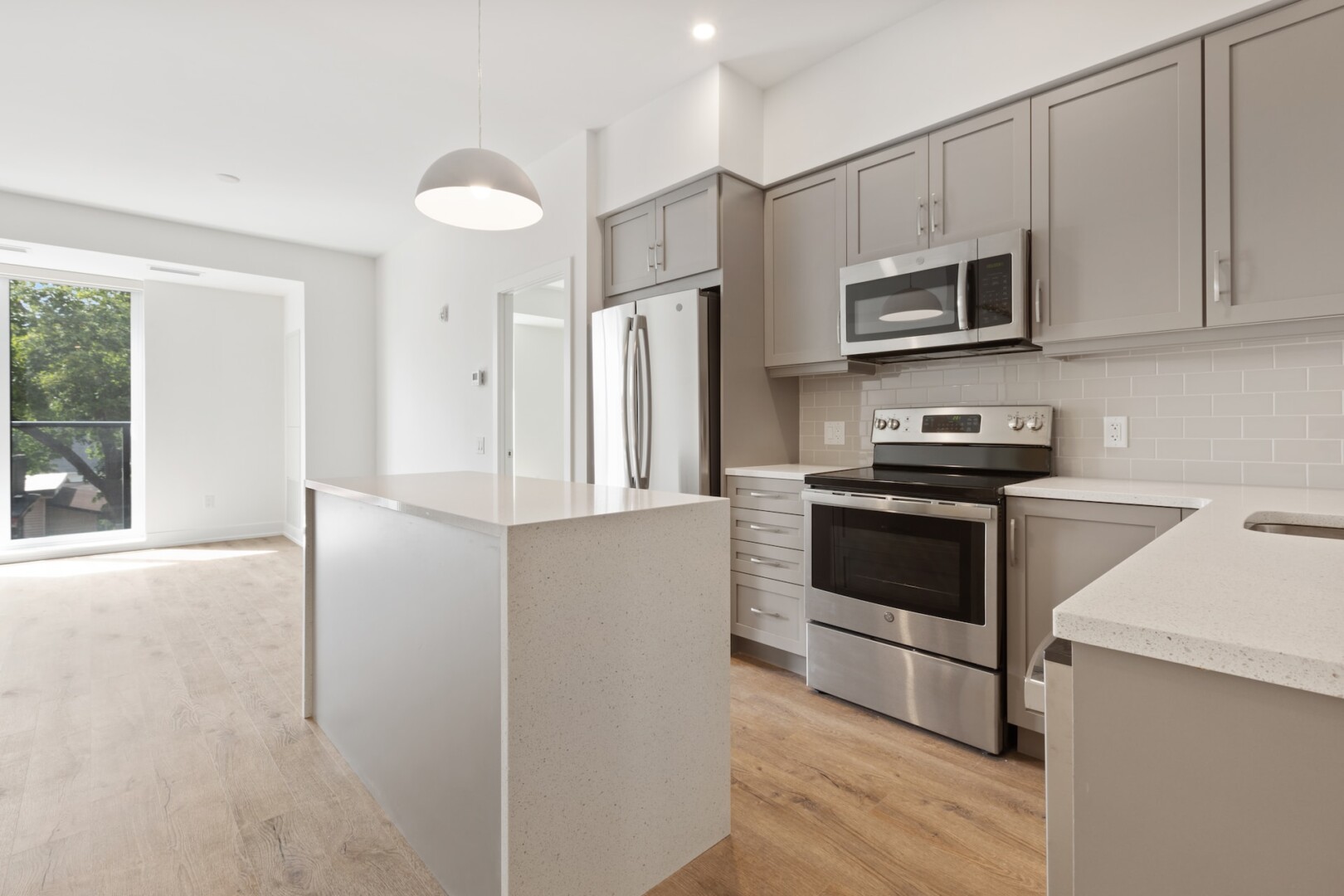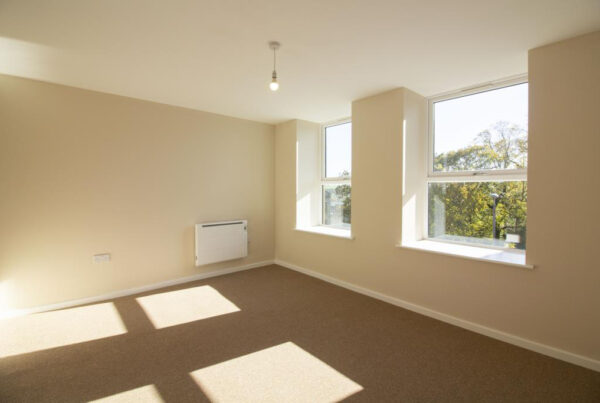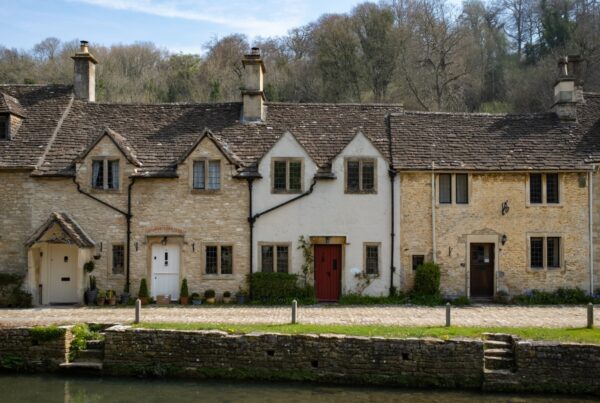As a £26 billion market in England alone — with over 55,000 properties across the country in total — the HMO property sector is undoubtedly an enticing prospect for investors. However, like any real estate market, would-be investors should weigh up whether HMO investment is right for them before diving into anything.
That’s why we’ve outlined the pros and cons of HMO property investment to help investors come to an informed decision. And as a property investment company with more than 20 years of experience helping new and experienced investors start and expand their portfolios, we’re perfectly placed to advise on this subject.
Firstly though, what is HMO investment?
HMO investment guide

What is HMO investment?
HMO property investment is the process of purchasing houses in multiple occupation (HMO) in order to make profits. This is typically a buy-to-let investment to rent out to tenants, though certain investors look to ‘flip’ such properties and quickly sell them on. Here, we’re referring to the former type of investment, although buy-to-let investors also look to accrue value in the property for when the time comes to sell.
HMO properties themselves are residential houses or apartments that are rented out to multiple tenants, each of whom has separate rental agreements for their individual rooms within the same property. Tenants typically share common areas and facilities such as kitchens, bathrooms, and living rooms, while having their own private bedroom.
HMO properties often attract a diverse tenant base, including students, young professionals, and individuals who prefer shared living arrangements due to affordability or convenience. That said, there are HMOs out there for dedicated demographics, such as asylum seekers seeking government-backed housing, for example.

What we like about HMO investment
Among the main advantages of HMO property investment are:
- Higher rental income: HMO properties typically generate higher rental income compared to traditional single-family homes or apartments. This is because landlords can charge rent for each individual room, something that increases their overall rental yield. Data from the British Landlord Association shows that the average HMO yields over 4% higher rental returns than traditional buy-to-let properties.
- Lower risk of income gaps: Even if one tenant moves out, the income from the remaining tenants can help cover expenses and reduce the risk of rental income gaps.
- Property appreciation: HMO properties can appreciate significantly in value over time, offering high potential for huge profits when selling them. Research has shown that the average HMO is worth a third more than a comparably sized single-unit house.
- Flexibility in rent increases: HMO landlords have greater flexibility when it comes to increasing rent compared to single-family homes because individual rooms can be adjusted based on market demand each time a new tenant comes in.
- Potential tax benefits: There are certain tax advantages associated with HMO properties, such as deductible expenses related to property maintenance and management.

HMO investment: areas of consideration
The main areas of consideration before getting started with HMO property investment include:
- Regulatory complexity: HMO properties are subject to specific regulations and licensing requirements that can vary widely by location. Navigating these regulations and ensuring compliance can be time-consuming and may require additional paperwork and expenses.
- Higher initial costs: Seeing as HMOs are leased on a per-room basis, they are almost always fully furnished. Consequently, they generally require a higher initial investment than other types of buy-to-lets.
- Increased management responsibilities: Managing an HMO property can be more demanding and time-consuming than single-family rentals. You’ll need to handle tenant turnover, resolve conflicts among renters, and maintain shared spaces and facilities.
- Potential for increased wear and tear: With more tenants using shared spaces and facilities, there is the potential for increased wear and tear on the property, which can lead to higher maintenance and repair costs.
- Financing challenges: Securing financing for HMO properties can be more challenging than traditional rental properties. For example, lenders often have higher deposits and stricter underwriting criteria for HMO mortgages due to the added risks of such properties compared to family homes, for instance.

The verdict: are HMOs a good investment?
In many instances, they undoubtedly are. Like with any kind of property investment, there are potential risks to be aware of, but in our opinion, the advantages outweigh these for the majority of investors. Most pertinently to landlords, the numbers involved with HMOs really do speak for themselves.
However, it’s still crucial to comprehensively research, plan, and execute your strategy in order to succeed with HMO investment. Be sure to follow the steps below before you commit:
- Work out your investment goals: Closely consider what it is you want from your investments. Are you looking for consistent rental income, long-term capital appreciation, or both? HMO can offer great rental returns, but the potential for capital appreciation is dependent on aspects like the location and the state of the market.
- Consider your risk tolerance: Like with any kind of investment, HMO property investment does pose certain risks, as explored above. Consider whether you want to take these on or not.
- Perform market research: Conduct market research to ascertain the demand for HMOs in the location you’re looking to invest in. Consider aspects like the local economy, the area’s demographics and its amenities.
- Plan an exit strategy: Consider how you will exit the investment in the future. Selling HMOs has specific challenges, so a long term strategy is crucial
- Consult with a property investment specialist: It’s highly advisable to speak to a property investment specialist like Alesco before committing to HMO property investment. Real estate advisors have in-depth knowledge of such markets and can advise you on aspects like the advantages and disadvantages of HMO investment, where the best properties are and what this type of investment involves.

How can I invest in HMOs?
Investing in a HMO involves various steps, including identifying the perfect location, discovering suitable investments, and buying the property itself. Even individuals with considerable investment experience can struggle with this, which is precisely why Alesco has remained a reliable source of guidance for HMO investors for more than two decades. Our extensive expertise, comprehensive market insights, and profound understanding of property investment means we can offer valuable assistance to both newcomers and seasoned property owners, helping them to make the right decisions.
Leveraging our wealth of experience, a treasure trove of market data, and expert insights, Alesco can expedite your journey toward establishing a profitable portfolio of HMOs. Whether you’re looking to secure consistent high rental yields or enjoy substantial capital growth, we can help you identify outstanding property investment opportunities drawn from our exclusive portfolio. Moreover, we are well-equipped to support you in aspects like conducting due diligence and purchasing properties too.
Contact us to find out more or to make an enquiry.

Written by: Ben Whitaker
Experienced professional working in the real estate investments sector. Assisting and advising clients on the acquisition of property across a range of asset classes, with view to achieving robust return on investment.













